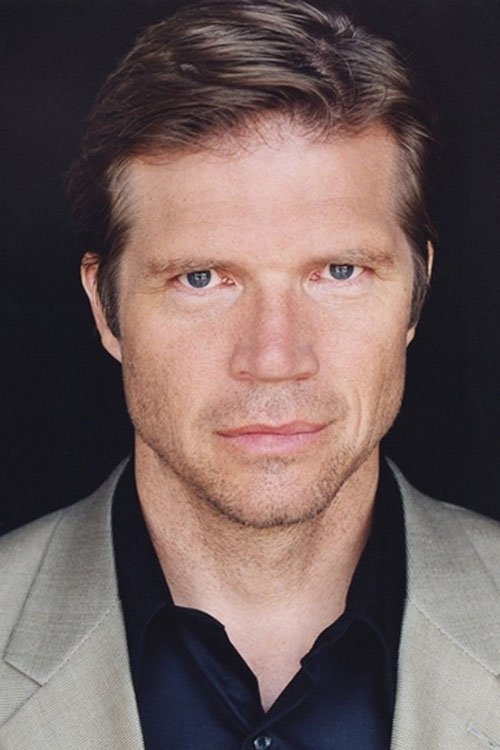
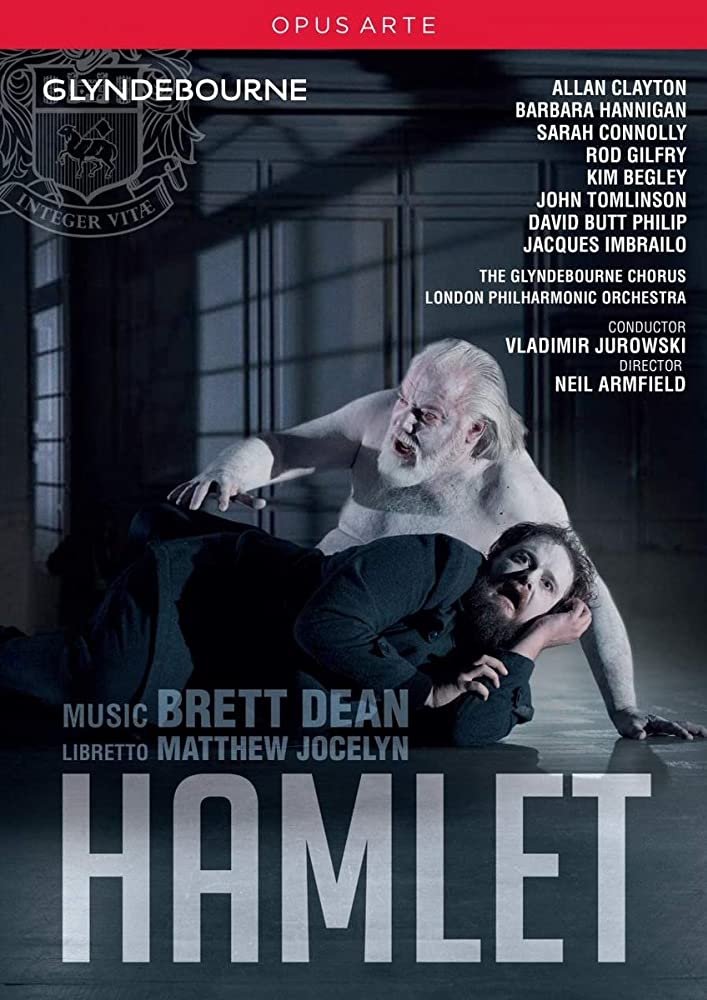
Brett Dean's multi-award-winning opera received its world premiere at Glyndebourne Festival 2017. The world premiere recording of Brett Deans new opera based on Shakespeares best-known tragedy: To be, or not to be. This is Hamlets dilemma, and the essence of Shakespeares most famous and arguably greatest work, given new life in operatic form in this original Glyndebourne commission. Thoughts of murder and revenge drive Hamlet when he learns that it was his uncle Claudius who killed his father, the King of Denmark, then seized his fathers crown and wife. But Hamlets vengeance vies with the question: is suicide a morally valid deed in an unbearably painful world?
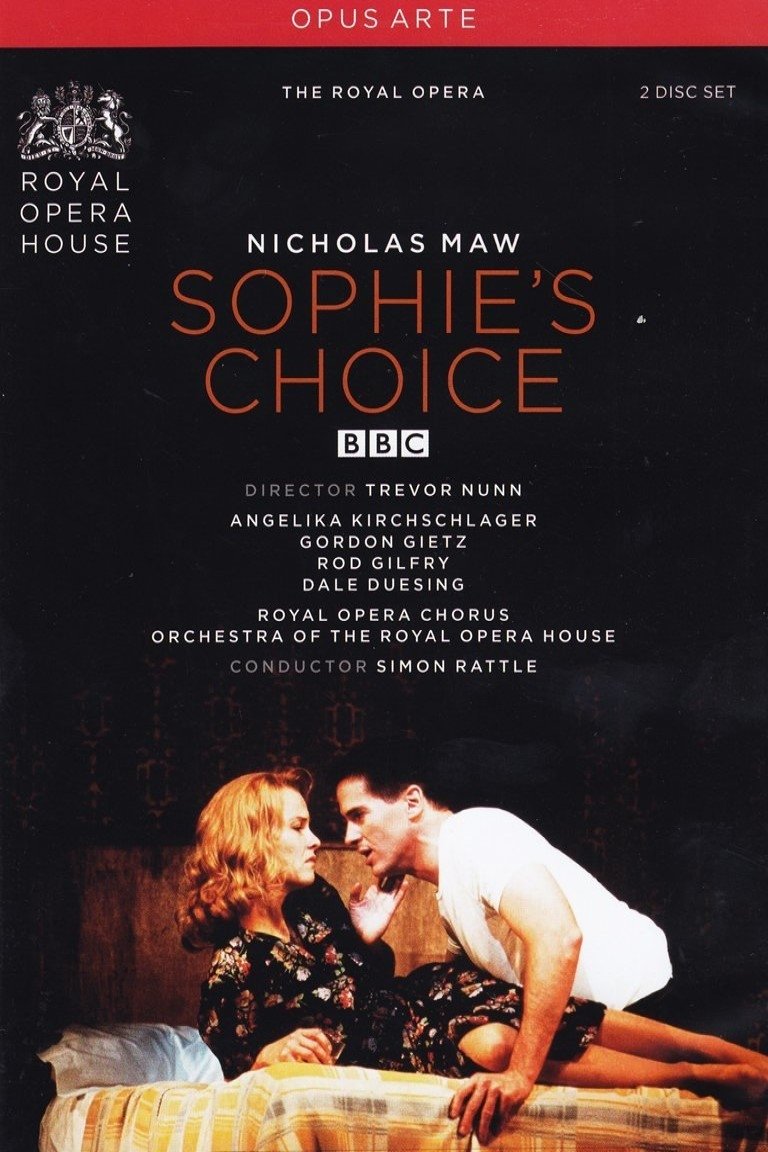
In 2002, Nicholas Maw's opera Sophie's Choice, based on the novel by William Styron, was given its premiere at the Royal Opera House. The subject had struck Maw when he had first watched the film several years previously, and he immediately felt it would be ‘the most extraordinary basis for an opera’. Commissioned by the Royal Opera House and BBC Radio 3, Maw embarked on an adaptation of Styron's book, which took six years to complete.
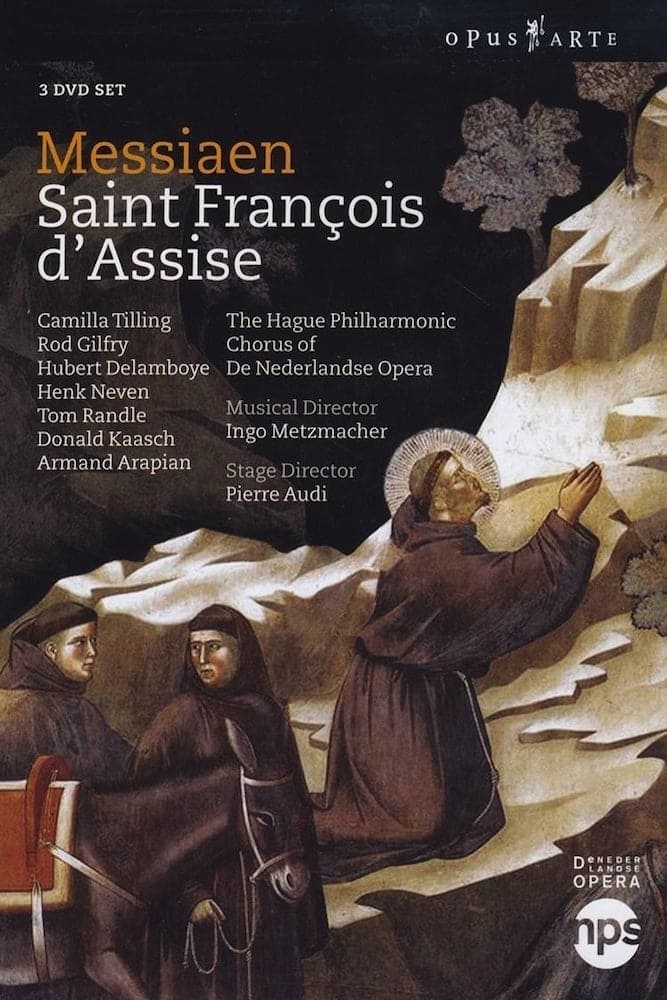
Messiaen's breathtakingly intense opera on the life of St Francis of Assisi stars Rod Gilfry as the charismatic visionary, beguiled by the glory of creation, yet fearful of both its imperfections and its transience. Pierre Audi's thoroughly engaging production for The Netherlands Opera brings out the naive imagery, the grandeur, and above all the vast tenderness of the resplendent score, revealed as a grandiose ritual with the meaning and purpose of life as its central theme. But the real drama of the work takes place in the orchestra. Elevated to stupendous heights by the sublimely inspired Ingo Metzmacher, The Hague Philharmonic and the Chorus of De Nederlandse Opera combine forces with a brilliant cast to produce the finest possible musical pilgrimage.
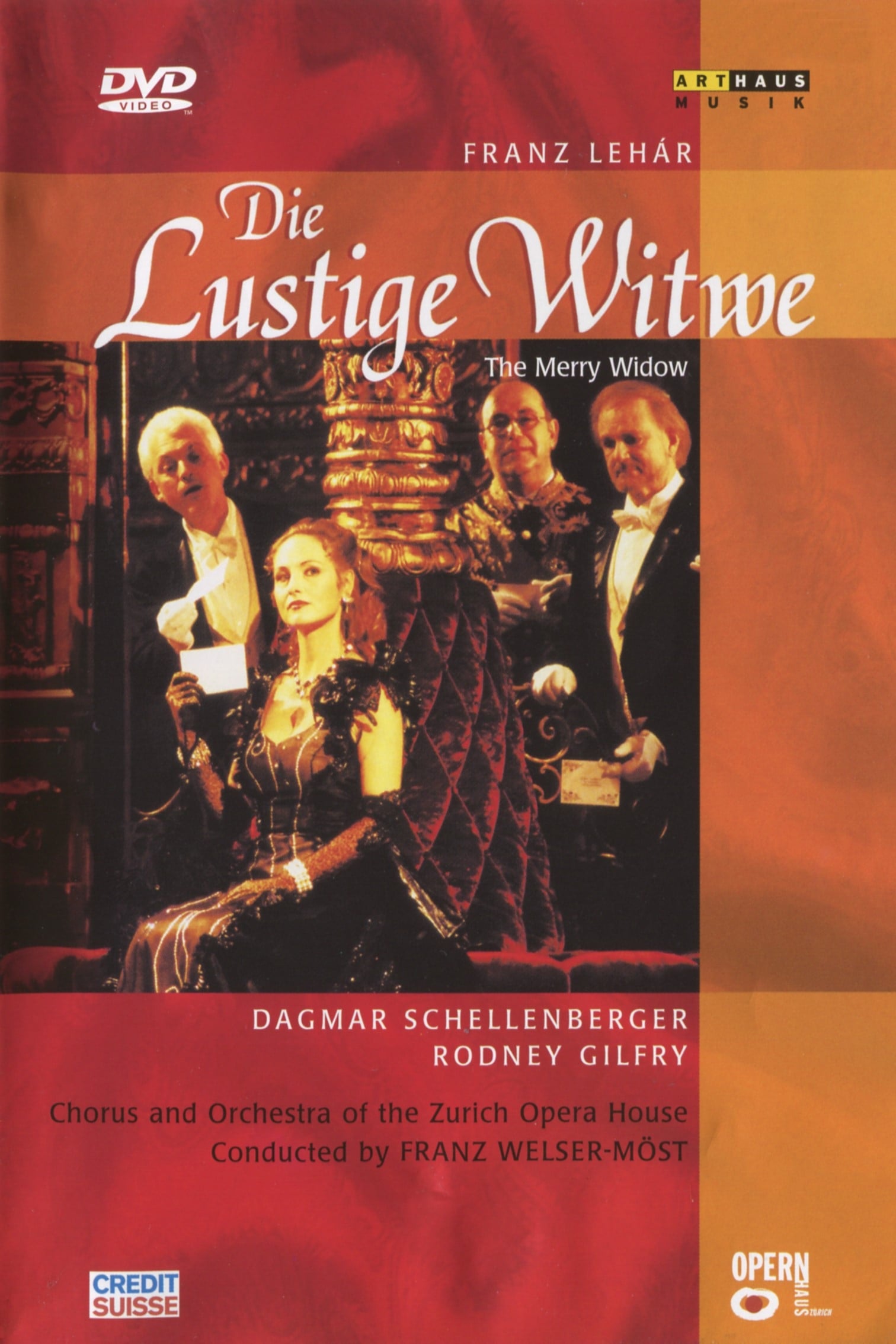
Zurich Opera House production of Franz Léhar's operetta, with Dagmar Schellenberger, Rodney Gilfry, and Ute Gfrerer in lead roles. Baron Zeta is desperate that the fabulously wealthy widow Hanna Glavari marry a Pontevedrian man so that her fortune remains in the country. He attempts to match her and his handsome attaché, Danilo. It turns out that Danilo and Hanna had had a love affair in years past. Nevertheless, Danilo now refuses to love her because he doesn't want to appear like he is only interested in her money...
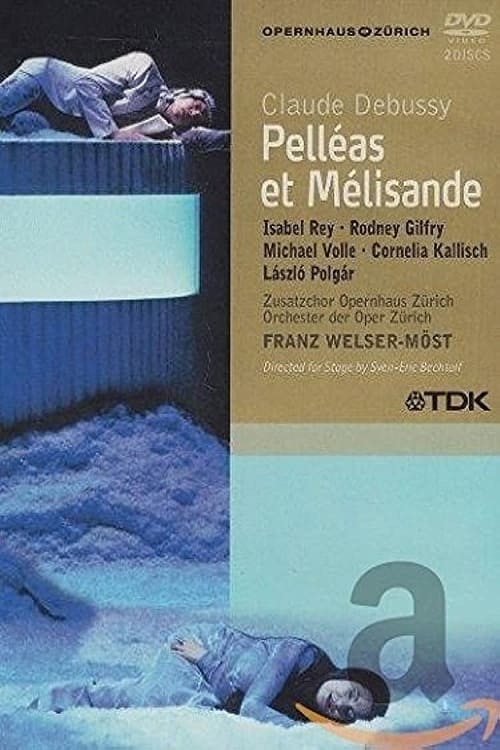
Claude Debussy's fairy tale-based opera Pelléas et Mélisande is by now well known; at once a tale of doomed love and a meditation on the cycle of creation and destruction (adapted from Maurice Maeterlinck's 1893 symbolist play), it originally premiered in 1902 to mixed critical reception, but has since become a staple of the operatic repertory and one of the most popular works from Debussy's canon. This particular production emerged from the Opernhaus Zürich in 2004. It stars Rodney Gilfry as Pelléas, Isabel Rey as Mélisande and Michael Volle as Golaud. Franz Welser-Möst conducts the Zurich Opera Orchestra; Sven-Eric Bectholf directs for the stage.

As Blanche’s fragile world crumbles, she turns to her sister Stella for solace – but her downward spiral brings her face to face with the brutal, unforgiving Stanley Kowalski.
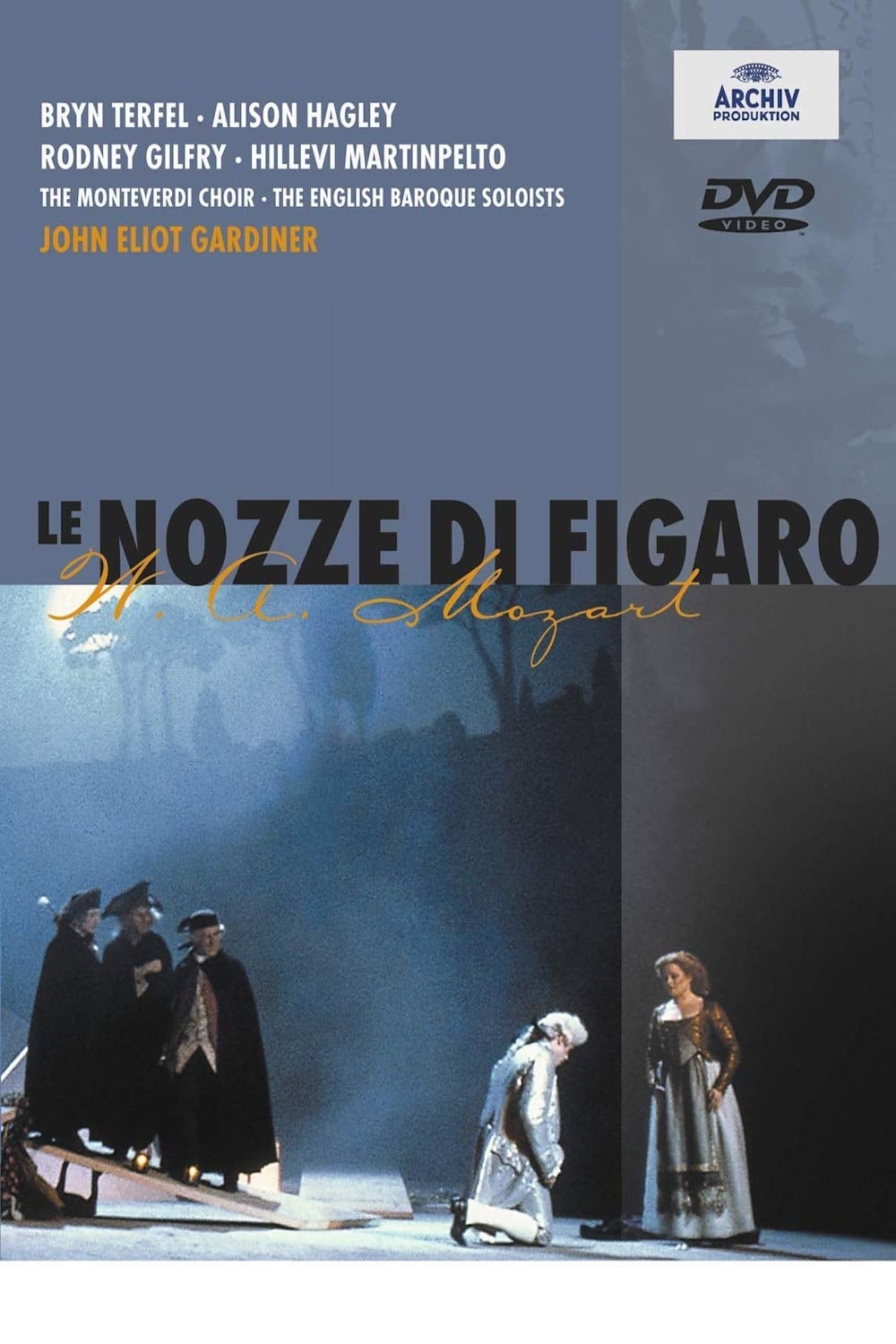
This is a good video of "Figaro", but there are a couple of better ones available. The Bohm and the Pappano are better still due to the female members of the casts. The reason for buying this one is the "Figaro", Bryn Terfel. No one can top him today in that role. John Eliot Gardiner also stands out. Many of us have voiced their opinion that If the Metropolitan Opera would release it's 1998 version, that would be the one to get.
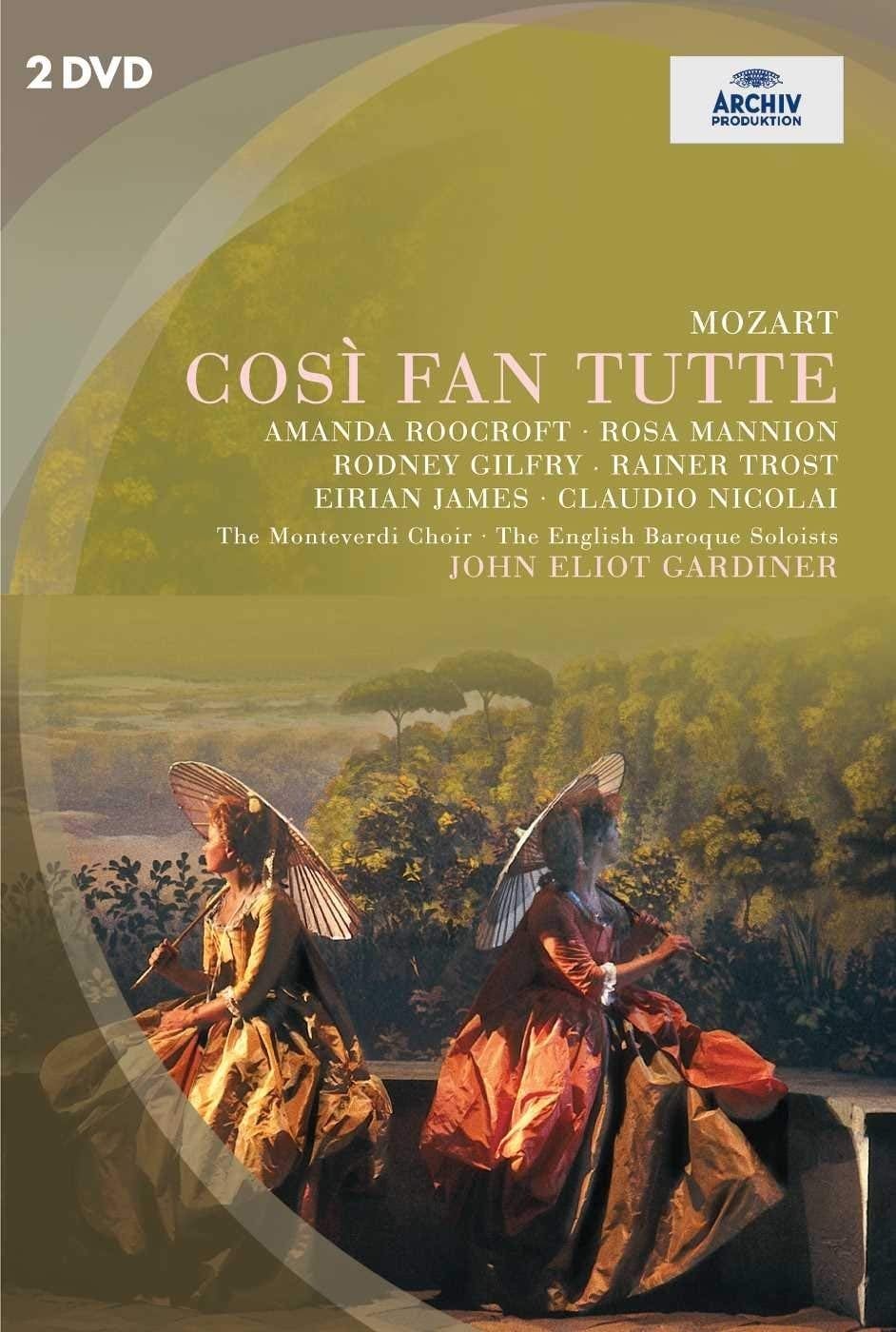
Mozart and Da Ponte use the theme of "fiancée swapping", which dates back to the 13th century; notable earlier versions are found in Boccaccio's Decameron and Shakespeare's play Cymbeline. Elements from Shakespeare's The Taming of the Shrew are also present. Furthermore, it incorporates elements of the myth of Procris as found in Ovid's Metamorphoses, vii.[10] Place: Naples Time: the 18th century
Rodney Gilfry is a leading American operatic baritone. After launching his career at Frankfurt Opera in 1987, Gilfry quickly established a reputation for stylish singing and acting. A renowned Mozart specialist, he has given acclaimed performances as Don Giovanni, Count Almaviva, Guglielmo, and Papageno, and is also known for his work in roles from the standard baritone repertoire (Pelléas, Valentin, Orestes, Belcore, Billy Budd). Rod Gilfry was born 11 March 1959 in Covina, California, and grew up in West Covina and Claremont. He received a bachelor's degree in music education from Cal State Fullerton and a master's degree in voice from the Thornton School of Music at the University of Southern California. He studied at the Music Academy of the West with Martial Singher with whom he also studied privately for six years. In 1999 he sought further refinement of his technique and studied in Manhattan with Armen Boyajian, teacher of Samuel Ramey and Gerald Finley. Gilfry made his opera debut as a comprimario in Otello at Los Angeles Opera in 1986. After seven years as a principal baritone at Frankfurt Opera and Zurich Opera, he returned to the U.S. and originated roles at major houses such as the Metropolitan Opera, Lyric Opera of Chicago, Dallas Opera, San Diego Opera, and Los Angeles Opera. On November 25, 1996, Gilfry made his debut with the Metropolitan Opera as Demetrius in the company's premiere of Britten's A Midsummer Night's Dream, a role he sang eight times that season. He returned in the 2000-2001 season for six performances each as Marcello in Puccini's La bohème and as Guglielmo in Mozart's Così fan tutte. Gilfry went on to specialize in new music, introducing rôles in many new operas. He is probably best known for his portrayal of Stanley Kowalski in André Previn's A Streetcar Named Desire at San Francisco Opera which premiered in 1998. He also created the role of Nathan in Sophie's Choice at Royal Opera House Covent Garden in 2002, a role he will reprise at Washington National Opera in September 2006. He originated the role of Tsar Nicholas in Drattell's Nicholas and Alexandra at Los Angeles Opera in 2003. During the 2005–2006 season he played plantation owner Edward Gaines in the opera, Margaret Garner, at Opera Philadelphia, Cincinnati Opera, and Michigan Opera Theatre. During August 2006 he portrayed Prospero in Thomas Ades' The Tempest with the Santa Fe Opera, one of the few rôles in new opera that he did not originate. In November 2006 he created the role of Jack London in Libby Larsen's Every Man Jack for Sonoma City Opera. In 2008 he sang the principal role of Falke in a Japanese tour of Die Fledermaus and the title role in the Dutch/British production of Olivier Messiaen's opera Saint François d'Assise. At the Zürich Opera he performed the part of the composer in the "domestic comedy" Intermezzo of Richard Strauss, conducted by Peter Schneider and staged by Jens-Daniel Herzog, with Christiane Kohl as Christine. In February 2020 he created the role of Eurydice's father in the world premiere of Eurydice, written by Matthew Aucoin with a libretto by Sarah Ruhl, at the Los Angeles Opera. ... Source: Article "Rod Gilfry" from Wikipedia in English, licensed under CC-BY-SA 3.0.
By browsing this website, you accept our cookies policy.